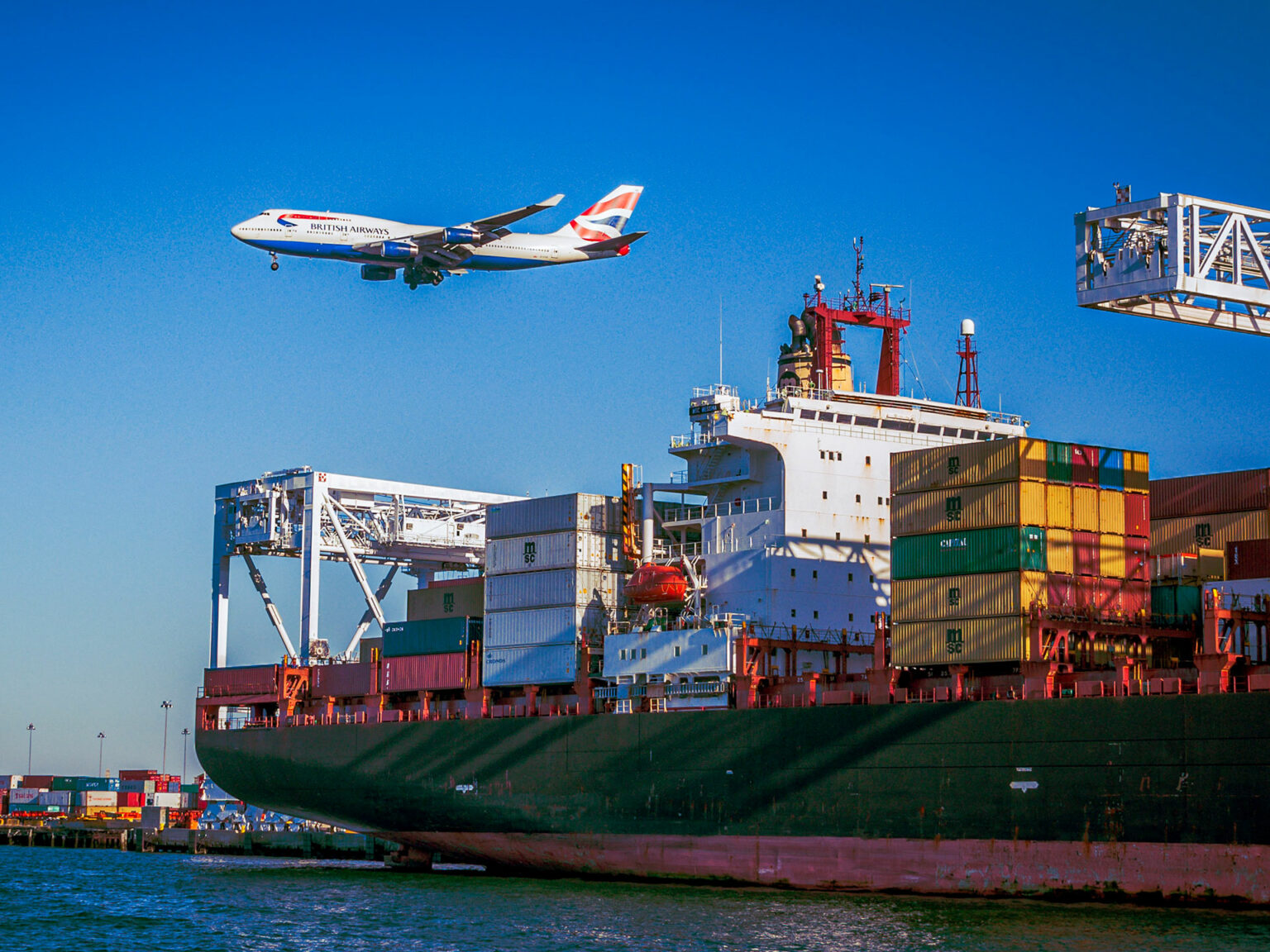How to rank the best freight forwarding services ?
30-01-2023
How to rank the best freight forwarding services for your business
Finding a reliable freight forwarder is a major business decision. The right freight forwarder can help boost operational efficiency and increase profit margins by providing faster shipping time, lower transportation costs, and exceptional services.Here are some important factors to consider when choosing a freight forwarder:Industry expertiseWhich businesses and sectors does the company serve? Does it specialize in any particular industries or niches?Location Where is the company headquartered? In how many locations and countries does it operate? Does it serve all the countries you trade with?Services What solutions does the company provide? Does it provide any extra services? What is its area of service expertise?Track recordWhat do experienced customers say about this forwarder? Are services usually late or mostly on time? How is customer support?Scale of operations and capacity
Does the company have the infrastructure to handle your shipping requirements and freight volume? How many ocean TEUs and air metric tons can it handle annually?
Speaking of TEUs, here’s a brief intro to freight volumes – so you can see what forwarders mean when they talk about the amount of freight they handle.
What are ocean TEUs?
TEU is an acronym for a 20-foot equivalent unit.
In ocean freight, TEU refers to one 20 ft shipping container. A 40 ft container is equal to two TEUs. A vessel with a capacity of 1000 TEUs can fit 1000 standard 20 ft containers.Ocean TEUs are also used to determine shipping rates.If freight forwarding companies have higher ocean TEUs, they can handle more ocean freight, which often means a better chance of dependable service for you.
The larger freight forwarders, like Sinotrans, handle more than 10 million TEUs of containers annually – owing to their large network of partners, global logistics operations, and integrated range of services across industries.What are air metric tons?
As a unit of weight, a metric ton refers to 2204.6 pounds or 1000 kilograms. An air metric ton measures the weight of cargo shipped by air freight in tons.
As with ocean TEUs, freight forwarders with capacity for higher volumes of air metric tons are often more reliable.

 Speaking of TEUs, here’s a brief intro to freight volumes – so you can see what forwarders mean when they talk about the amount of freight they handle.
Speaking of TEUs, here’s a brief intro to freight volumes – so you can see what forwarders mean when they talk about the amount of freight they handle.



 Top 10 Update
Top 10 Update 






